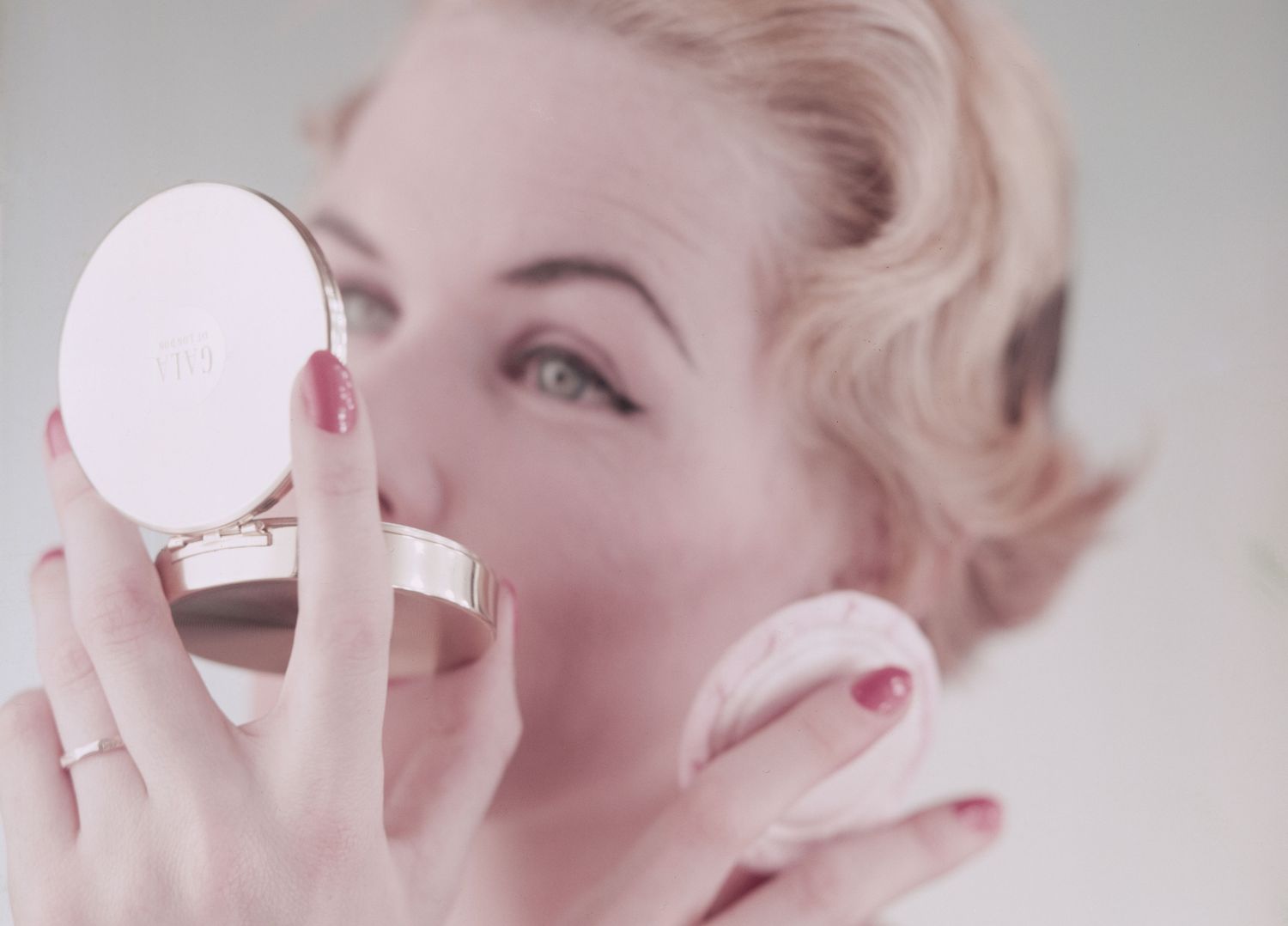Red wine has been enjoyed for centuries for its rich flavor and potential health benefits. However, there are many myths and misconceptions surrounding this popular beverage. In this blog post, we’ll debunk three common red wine myths and provide expert insights into the truth behind them.
Red Wine Causes Headaches
One of the most persistent myths about red wine is that it causes headaches. While some people may experience headaches after drinking red wine, it’s not necessarily the wine itself that’s to blame. Sulfites, a common preservative in wine, are often cited as the culprit. However, experts agree that sulfites are unlikely to cause headaches in most people. Instead, other factors such as dehydration, alcohol content, and histamines may play a role.
Red Wine is Bad for Your Health
Contrary to popular belief, red wine can actually have several health benefits when consumed in moderation. Red wine contains antioxidants called polyphenols, which have been linked to a reduced risk of heart disease and other chronic conditions. Additionally, some studies suggest that moderate red wine consumption may improve cholesterol levels and reduce inflammation. However, it’s important to note that excessive alcohol consumption can have negative health effects, so moderation is key.
Red Wine Should Always Be Served at Room Temperature
While it’s true that red wine is typically served at a slightly warmer temperature than white wine, the idea that it should be served at “room temperature” is a bit misleading. Room temperature can vary greatly depending on the climate and season, so it’s important to consider the specific wine and the environment in which it will be served. In general, red wines are best served between 55-65°F (13-18°C) to allow their flavors to fully develop.
Expert Insights
We spoke to a wine expert to get their take on these common red wine myths. According to our expert, the key to enjoying red wine is moderation and mindfulness. “It’s important to listen to your body and pay attention to how you feel after drinking red wine,” they said. “If you experience headaches or other negative effects, it may be a sign that you’re drinking too much or that your body doesn’t agree with certain ingredients in the wine.”
Red wine myths abound, but with a little expert insight, it’s easy to separate fact from fiction. Whether you’re enjoying a glass of red wine for its health benefits or simply for its rich flavor, knowing the truth behind these myths can help you appreciate this beloved beverage even more.


